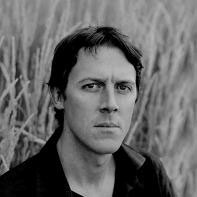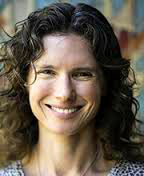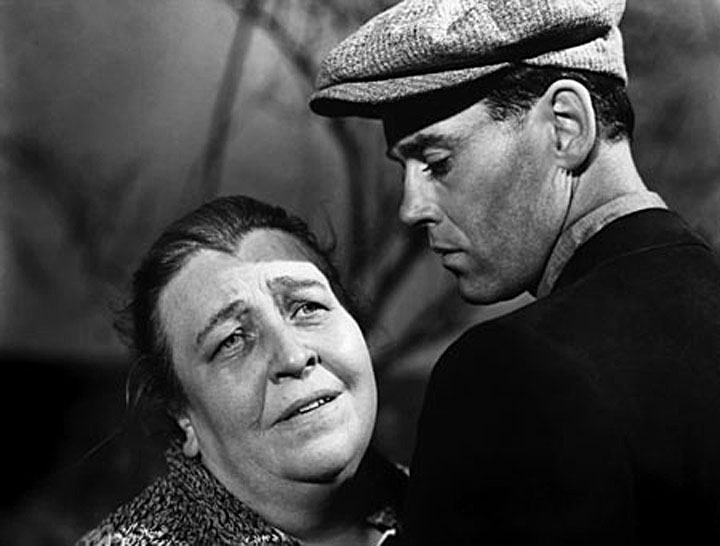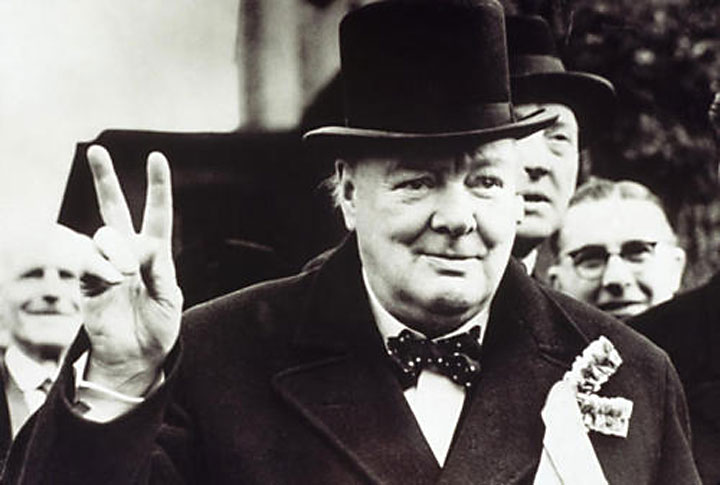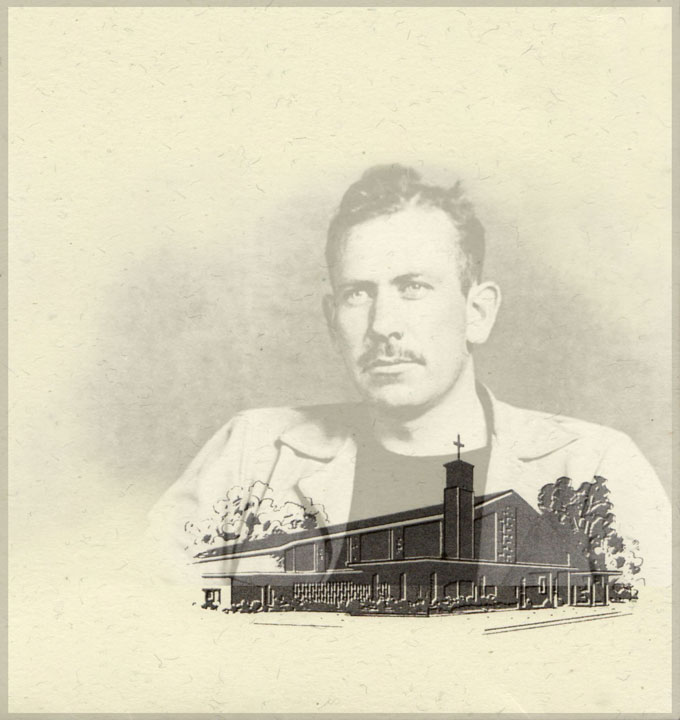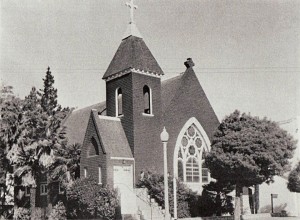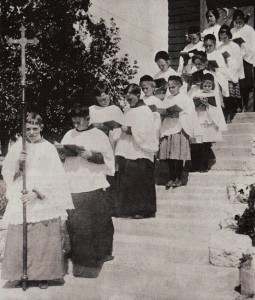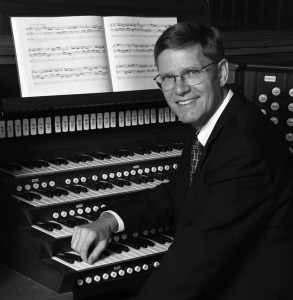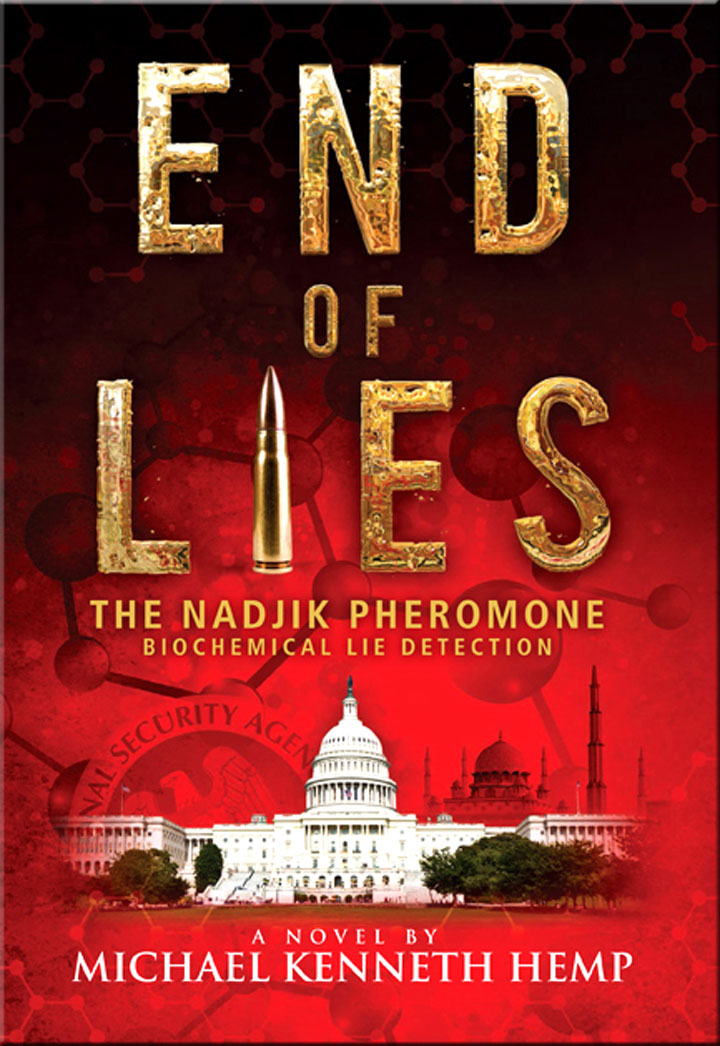1. Kareem and Magic
I barely knew a Laker from a Cavalier
the winter Mike Nern and Jim Wallace
dragged me to Gund Arena, crisscrossing
eastern Ohio in a December snowstorm.
Cleveland played LA close for three quarters
then the Lakers pulled away like a fast car
if you depress and hold the accelerator.
I’m almost sure that the Cavs never led.
It was Jabbar’s last or next-to-last season.
A bald spot bloomed at the back of his afro.
Magic Johnson fed his skyhook all night.
At the buzzer, applause. Then it got quiet
and some asshole shouted the word nigger.
Once, loud, like that was the real score.
What did Kareem do? Grabbed a towel
from a table by a bench and kept walking.
2. The Year I Shouted Myself Hoarse Every Saturday
I’d bellow Get the ball, Scott! and Take the shot, Scott!
and Play defense! and Hustle! until I pissed him off.
He was 8, his small body fueled on Happy Meals.
He ran the wood-facsimile gym floor at the Y
ecstatically. His grandmother played high school
women’s basketball in Kentucky in the 1950s,
a standout, so he had the bloodlines. But where
does a boy get the heart to devour the world?
I’d be on my feet the whole time, screaming.
It was thrilling in ways I couldn’t bear.
I wanted his team to win. Which they did.
For the rest of us who’d never go undefeated.
For his grandmother who’d have gotten a scholarship,
if they had offered them to women in those days.
And, all right, for a silly father with a bizarre lay-up
and a few poems to carry him. But mostly because
nothing else in this stinking life he was entering
would ever again be so entirely his, and sweet.



